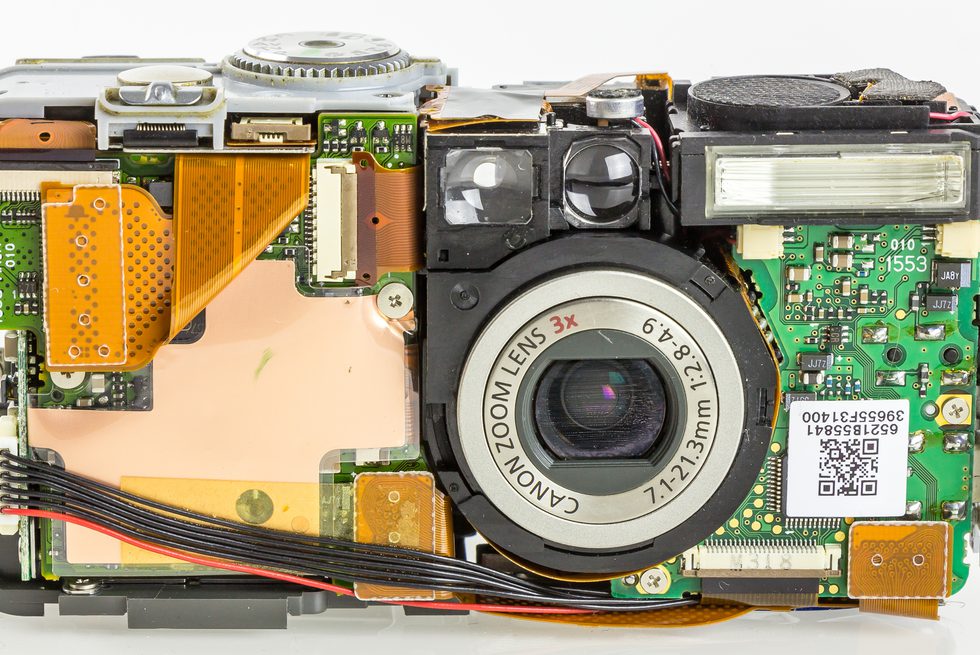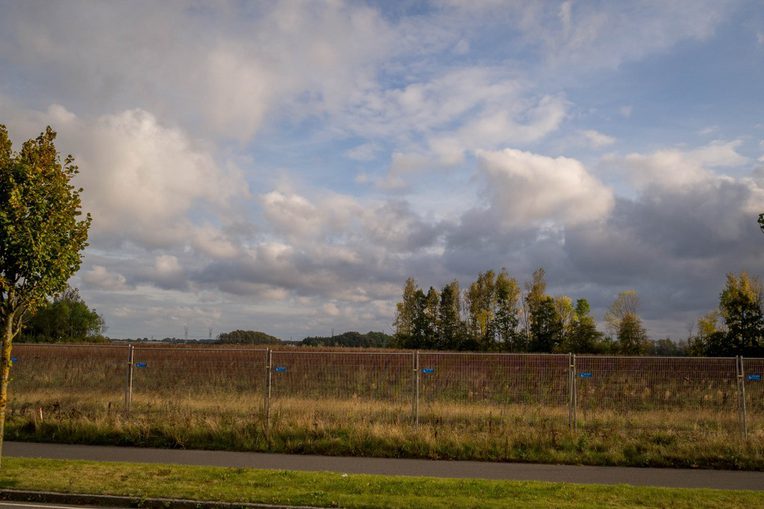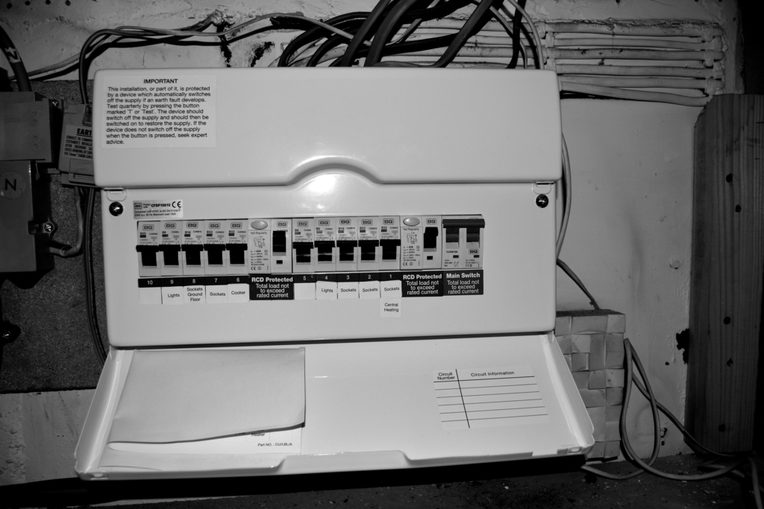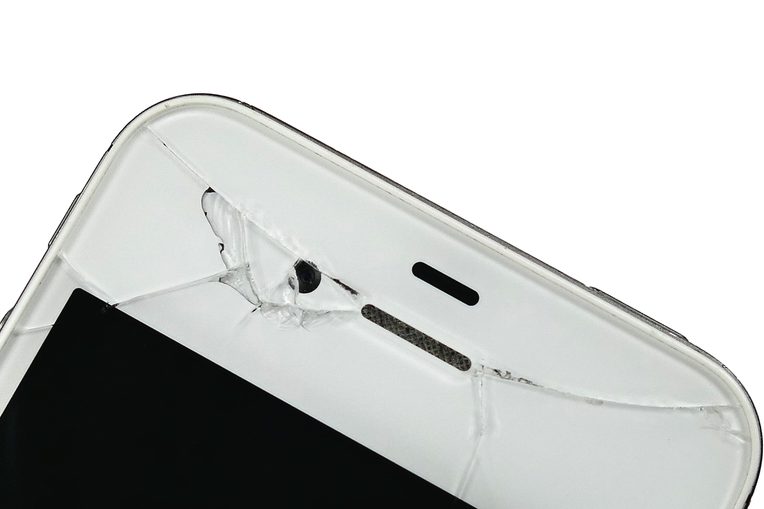Our Electric Fictions
From the Series: Our Lives with Electric Things
From the Series: Our Lives with Electric Things


Once upon a time there was a piece of land on which a castle was to be built. A fence surrounded the land, for people had to stay away from this castle that was built for books of faces. In those days, the data out of which such books were made held tremendous value.
The prospect of having a construction site and a castle that no one could enter did not bother those who lived nearby—not in the least. They had high expectations as to what the building of the castle could offer to them, their town, and their nation.
Wind would power the cooling equipment in the halls of this castle. This cooling would require an exceptional amount of electricity, although exactly how this would be organized was impossible to know: speaking to the foreign king of the castle was out of the question. The citizens learned that the reason for building the castle was that their wind-powered electricity was the greenest in the world. The amount of green electricity that the castle would need was beyond the imagination of most, but the citizens trusted in the wind turbines to harness the wind and trusted in the powers that be when they were told that there was enough green electricity to keep all of the books cool.
All these preparations brought hope; there was talk of jobs and prosperity. Yet critics kept wondering how the kings of the castle knew that the future electricity would indeed be green when so much electricity was needed. Does a local prince persevere when doing business with a foreign king? Can he ask the king to erect wind turbines when all the green electricity is used? The answer is blowing in the wind.

Retired TV repairman Archibald Smythe had no inkling of anything untoward as he stood in the puddle in front of the fridge and vainly flicked the light switch on and off. “It’s those bloody new circuit-breakers,” he spluttered. “They sodding trip at the slightest provocation.”
Smythe had grown up with diodes, solenoids, and warm electrical hums, and he found great beauty in the elegant simplicity of electrical goods that he could mend with little more than a screwdriver and soldering iron. He hated modern fuse boxes; like modern televisions, they had been designed to make the repairman unemployed, and Smythe found it hard to imagine anyone coveting the cheap white metal in the way he once caressed brown Bakelite fuses. He slammed the cover shut. The box was dead, as was his reliable old wireless. He had a gut feeling that this wasn’t a temporary blackout.
The omens were bad. He glanced through the window at the crowds fighting to enter hardware stores that, within minutes, were emptied of batteries and candles. As a survivalist he had stockpiled pipe tobacco, tinned food, and water—he understood what was likely to happen in the event of a terminal power failure. Within forty-eight hours people addicted to digital media would exhibit the first signs of synaptic breakdown and mental illness. After a month martial law would be declared, as tribal warfare broke out over scarce resources. A year later and a neo-feudal dictatorship would hold power. The regression of the species would begin in earnest. Books would be burned, language skills would deteriorate, and humanity would slowly return to a feral existence.
What use, then, for a fuse box? None. For future hunter-gatherers with no understanding of time or archaeology, it would be incomprehensible. Smythe rotated the lever on his wind-up flashlight, took down his wind-up gramophone, and put on John Cage’s epic 4’33”.

“Do cellular phones dream of civil war?”Digging, artisanally, with bare hands and picks.
Mud, flies. New roads, armies of trucks carrying rice and guns.
Coltan ore in the red rock. Dull, metallic weight emerging from the slurry and the sludge.
Do you know where you are going?
In my pocket.
A single photo on a pristine phone.
A young woman, or just a girl.
Candy-striped uniform, leaning on the counter, pristine gloves, fingers signing V.
Will those fingers twist: bend straighten repeat, bend straighten repeat?
Twelve-hour shifts. Returning to the dormitory.
Leisure time on your own phone. Sneaking into the manager’s office to take a photo at his desk—as if it were your own.
At night, in bed, lights out.
One blue light, twisted away so as not to shine over to the other side.
In the zone:
Checking.
Then, following.
Past loves, past hates, those that tug and pull on doubts, insecurities, uncertainties.
Puzzling over these snapshots to make a story.
She looks good. Nice house.
Imagining the life of others.
She looks good. Nice house.
Do I
look like that? Their outsides are my insides. Their surface
satisfactions, meals, curtains, crafts, children, holidays are my own
worries.
What would it look like if it could look like it felt?
1. See Smith and Mantz 2006.
2. See Wang 2016.
3. See Schüll 2014.
Schüll, Natasha Dow. 2014. Addiction by Design: Machine Gambling in Las Vegas. Princeton, N.J.: Princeton University Press.
Smith, James H., and Jeffrey W. Mantz. 2006. “Do Cellular Phones Dream of Civil War? The Mystification of Production and the Consequences of Technology Fetishism in the Eastern Congo.” In Inclusion and Exclusion in the Global Arena, edited by Max H. Kirsch, 71–92. New York: Routledge.
Wang, Xinyuan. 2016. Social Media in Industrial China. London: UCL Press.